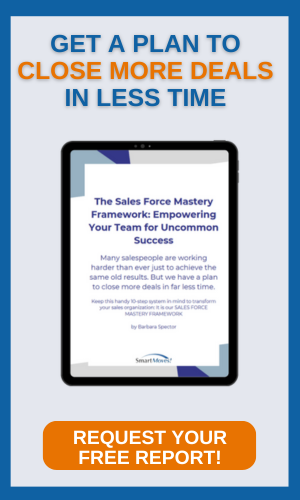 Written by Jen Shirkani, the Penumbra Group
Written by Jen Shirkani, the Penumbra Group
I found this piece on LinkedIn and felt it was poignant enough to send along to all of you. Thanks, Jen.
Most managers spend 80% of their time with those who only do 20% of the work while the top talent quietly does 80% of the workload with minimal fuss. It is easy to get distracted by the high maintenance of underperformers and the requisite babysitting, investigating, cajoling, and documentation they require.
Thank goodness for our “A” players, the ones we count on and those who have stepped up in these lean times to go above and beyond. They are the “easy” ones because they are low maintenance (unlike those pesky low performers that are always setting fires that need to be extinguished). We don’t need to babysit them, we don’t need to micro-manage them. They know what they need to do and they do it so we can just leave them alone. Right?
Based on a study showing that high performers were more than twice as likely to actively look for another job than low performers, Mark Murphy, CEO of Leadership IQ aptly says,
"Frankly, we treat our high performers worse than any other employee," he says. "When a manager has a tough project upon which the whole company depends, to whom do they turn? Who gets the late hours and the stress? It's not the low performers."
What are the behaviors that we as leaders do that unintentionally drive our high performers away? Check this list:
High performers are rewarded by being left alone.
It’s a sign of praise and respect to leave someone alone isn’t it? To tell someone, “I never have to worry about you” is a compliment, right? Yes but overused it turns into neglect and everyone, even high performers, want to know that their efforts are being seen and appreciated. Too often we bias our performance dialogue and coaching time to the low performers. Work to touch base with your super stars on a weekly basis.
High performers are given the toughest projects.
We throw the most difficult challenges to our top talent on a continuous basis, often without commensurate reward or recognition. In worst cases, we ask them to clean up or finish work that the underperformers do not complete, which can lead to resentment. Avoid using your high performers as a constant source of catching up for those not pulling their weight.
We have unrealistic expectations of our high performers.
They are not allowed to have a bad day, complain, miss a deadline or make a mistake. We put a tremendous amount of pressure on them that is unrealistic and unfair. Give your A players room to not always be perfect and appreciate them for the effort.
They work the longest hours with the highest stress.
Left alone, your high performers are intrinsically driven to achieve and often put in long hours to meet your and their expectations. Unchecked, this can lead to serious burn out and health issues from stress. Tune into them and note when irritability or fatigue is taking a toll. Encourage time off, vacation days or mental health breaks.
They suffer from a lack of coaching and targeted development.
It’s easy to assume that since they are a high performer, what more coaching or development can they need? Plenty. Most high performers want to continually improve, learn new things and hate to get bored. Consider ways to expand their scope of responsibilities, use them as mentors, involve them in cross-training, or opportunities to mingle with senior execs.
Make a conscious effort to not ignore those that make you look good every day, even though they quietly work behind the scenes. Or, if you are a high performer yourself and could use a little attention from your boss go ahead and print this article and leave it on their desk. We won’t tell.





